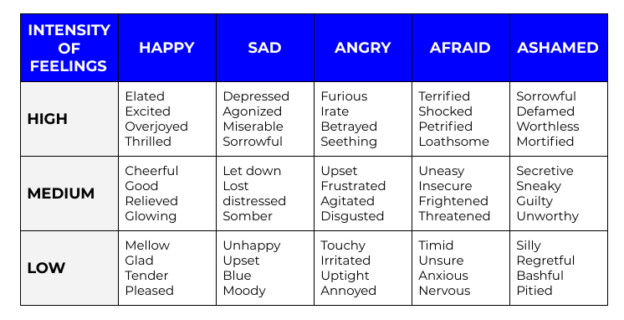What It Means To Be a Good Listener In The Funeral Profession
August 20th, 2019
Drs. Carolyn Shadley and John Meyer are a high-energy team with amazing insights into interpersonal communication.
Their experience helping veterinary practices achieve better communication in their offices has given them ample insight into the real-life applications to communication theory.
When they share tips for better listening with clients, most of their time is spent talking about active listening and empathy. Why? Because often our inclination in a conversation is to speak rather than truly listen to our companion.
Why Listening Matters
Listening is so important because it builds trust and understanding, shows care for the other and will help you unlock a treasure trove of information.
So, what can you do to become a better listener? Practice these important active listening skills every day:
- Practice silence and learn the power of the pause. Allow others to speak without interjecting.
- Work on communicating nonverbally. Remember things like how close you are to the other person (proxemics) or how you move (kinesics) all contribute to the way you communicate.
- Learn to encourage others to speak more by asking open-ended questions and use phrases like, “tell me more.”
- Try parroting, or repeating what the other is saying after they say it. It shows interest without you interjecting your own feelings or thoughts.
- Or experiment with paraphrasing. Paraphrasing is like parroting, but in your own words. Learn how to check for understanding by sharing with the other what you are hearing from them.
- Active listening is all about showing empathy. Empathy means doing your best to feel as another person feels, or put yourself in their position.
Empathy Vs. Sympathy
Empathy and sympathy are quite different. Sympathy disconnects us from the other person, while empathy encourages bonding and closeness. Sympathetic phrases are, “Oh. Sorry that your dog died. But, at least you can go adopt another.”
Empathy is feeling, hearing and seeing as the other person does – trying to step in their shoes. Saying things like “I am so sorry your dog died. You must be devastated,” demonstrates empathy.
Empathy and active listening are invaluable in all industries, but are particularly important in the funeral profession. The best way to become a better communicator is to practice.
Dr. Shadle highlights that we are not always given very good practice at using emotional vocabulary that shows empathy and helps us express ourselves, which is why they shared with us a “Feeling Words” chart. This is a shortened version of that chart (which they adapted from a chart made by Julia West):

This chart is also helpful when it is time to speak. They recommend “I” statements like: I feel ________________ when _______________ because I __________.
Speak Up… or Shut Up?
When should you speak up and when should you practice your active listening? A good way to find out is by asking yourself, “is this my problem or concern, or is it the other persons’?” If the problem is yours, you should probably speak up. By contrast, it is important to listen when the concern belongs to the other person.
In cases of conflict, using “I” statements is also helpful. These types of statements are not accusatory and focus on how you personally feel. No one can argue how you feel.
Over To You
The biggest takeaway we got from this insightful time with Drs. Carolyn Shadley and John Meyer is that communication is a TWO way street. Becoming aware of how to listen, as well as when to speak and when to let the other person talk creates better conversations and fewer conflicts. If you want to dive deeper into communication, check out our invaluable slideshow How To Be A Better Communicator with Your Families.
What about you? What have you learned about communication by working with families? Tell us in the comments below!




[…] sympathy and empathy, but Brene truly sums it up so beautifully and with a new perspective – it’s really not about what you say. It’s about being present and reminding each other that we are not alone. Instead of offering […]
[…] sympathy and empathy, but Brene truly sums it up so beautifully and with a new perspective – it’s really not about what you say. It’s about being present and reminding each other that we are not alone. Instead of offering […]